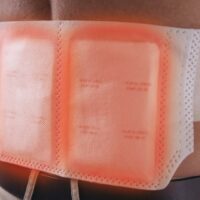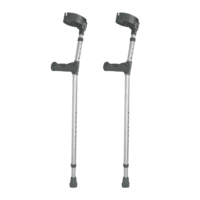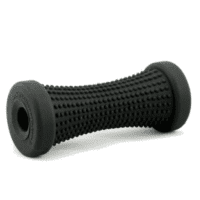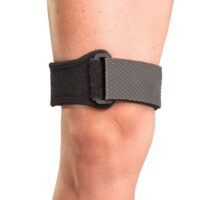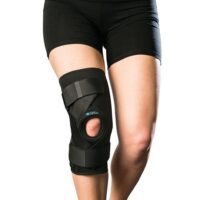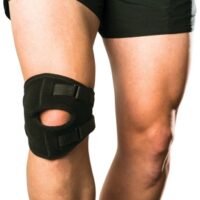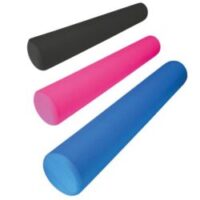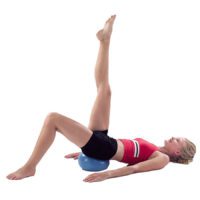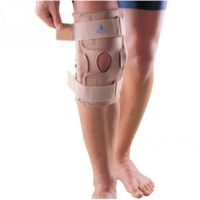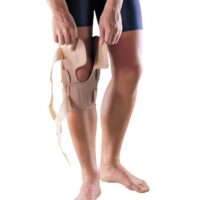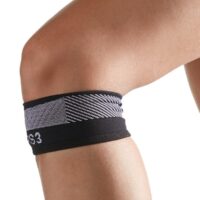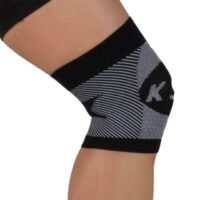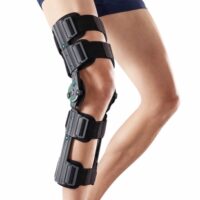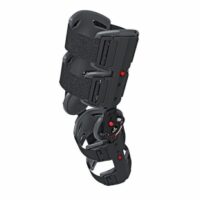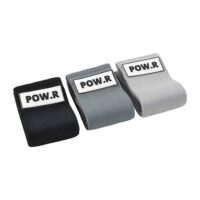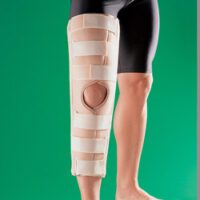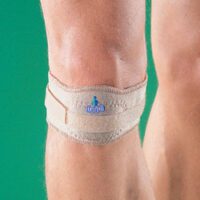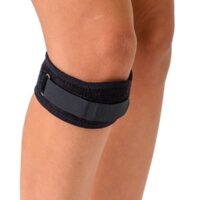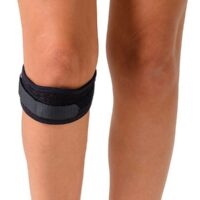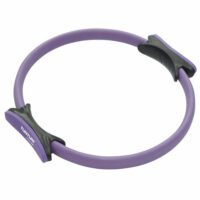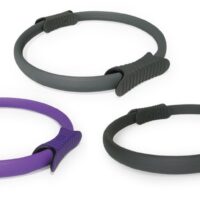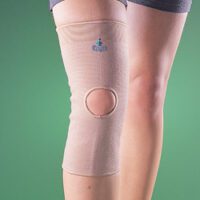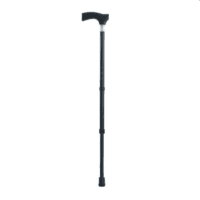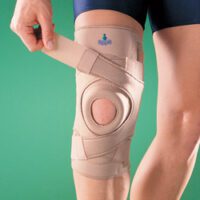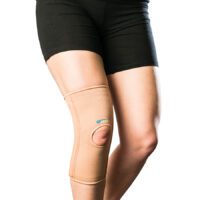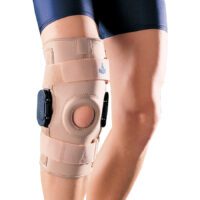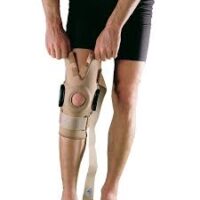Can A Torn Meniscus Heal Without Surgery?
The meniscus of the knee is a highly specialised structure to dissipate the forces that go through your knee. However, when we sustain a tear of the meniscus, this ability is impaired, which can have consequences for our knee health. The main reason is limited meniscal blood supply. And blood supply is required for meniscus healing.
When we tear our meniscus, the location and nature of the tear can be crucial. If the site of the meniscal tear is in the outer zone, known as the red zone, there is a greater blood supply to this region. Therefore, it has a greater healing capacity. The inner zone, known as the white zone, has less blood supply, and often healing is sub-optimal. Ironically, this is where most of the tears occur in the meniscus of the knee!
It is important to note that a healed meniscus does not mean that it is pain-free! Many people who have never had knee pain can have tears of their meniscus on MRI.
We need to consider many different factors when trying to determine if we need surgery for a meniscal tear! A thorough assessment of your knee with your PhysioWorks Physiotherapist will help guide your treatment choice! It is essential to recognise that everyone’s case is different, and the present symptoms will guide the most effective treatment strategy.
Acute tears, where we often remember a specific mechanism, usually of a rotation nature, may require surgical intervention due to the limited healing capacity of the inner or white zone. These tears are often associated with mechanical symptoms, such as:
Locking
If you feel like your knee is stuck in one position and cannot move it, early imaging and referral to an orthopaedic specialist may be recommended.
Clicking or Catching
This may indicate a loose body or piece of the meniscus that is problematic.
However, not all clicks are concerning. Often your Physiotherapist will ask about a change in your clicking and if it is painful or related to your symptoms.
With acute meniscal tears with these mechanical symptoms, you may require surgery to help with your symptoms. The surgical option is highly dependent on the location of the tear. Also, the shape of the tear and your age. Depending on the nature of your injury, they may debride or trim the free edge of the tear or stitch the injured region.
For acute injuries or a knee that is locked, early referral to an Orthopaedic Specialist may be required. Your Physiotherapist can help guide you through this process, advise on activities and exercises that you can do to help expedite your recovery and then follow up on a rehabilitation program at an appropriate time.
As we age, our menisci have less ability to absorb the forces due to the changes in the collagen that forms the meniscus. It’s a bit like wrinkles on your face. Our menisci can be slightly easier to injure – often with most of us not knowing that we have done it! Conversely, we can have symptoms that present over time, known as Degenerative Meniscal tears. These types of tears are known as degenerative meniscus tears.
Current evidence demonstrated that surgical intervention is not better for degenerative meniscal injuries than high-quality non-surgical care. Non-surgical treatment includes appropriate exercise and may also have activity modification for a short period and liaison with your GP about the utilisation of medications to manage any flares are of symptoms. Your Physiotherapist is experienced in prescribing these programs to expedite your recovery!
Regardless of your meniscus injury nature, it is crucial to have specific, individualised advice regarding your injury.
In short, the healing capacity of the meniscus is limited. However, not all tears require surgery! More often than not, you can treat your meniscal injury successfully with physiotherapy. Your PhysioWorks physiotherapist will conduct a thorough physical assessment and recommend a treatment plan specific to your meniscal injury and goals.
PhysioWorks offer same-day appointments for prompt diagnosis and rehabilitation plan. Your PhysioWorks Physiotherapist has a particular interest in knee injury and can help guide your rehabilitation to get you back to what you love faster!




